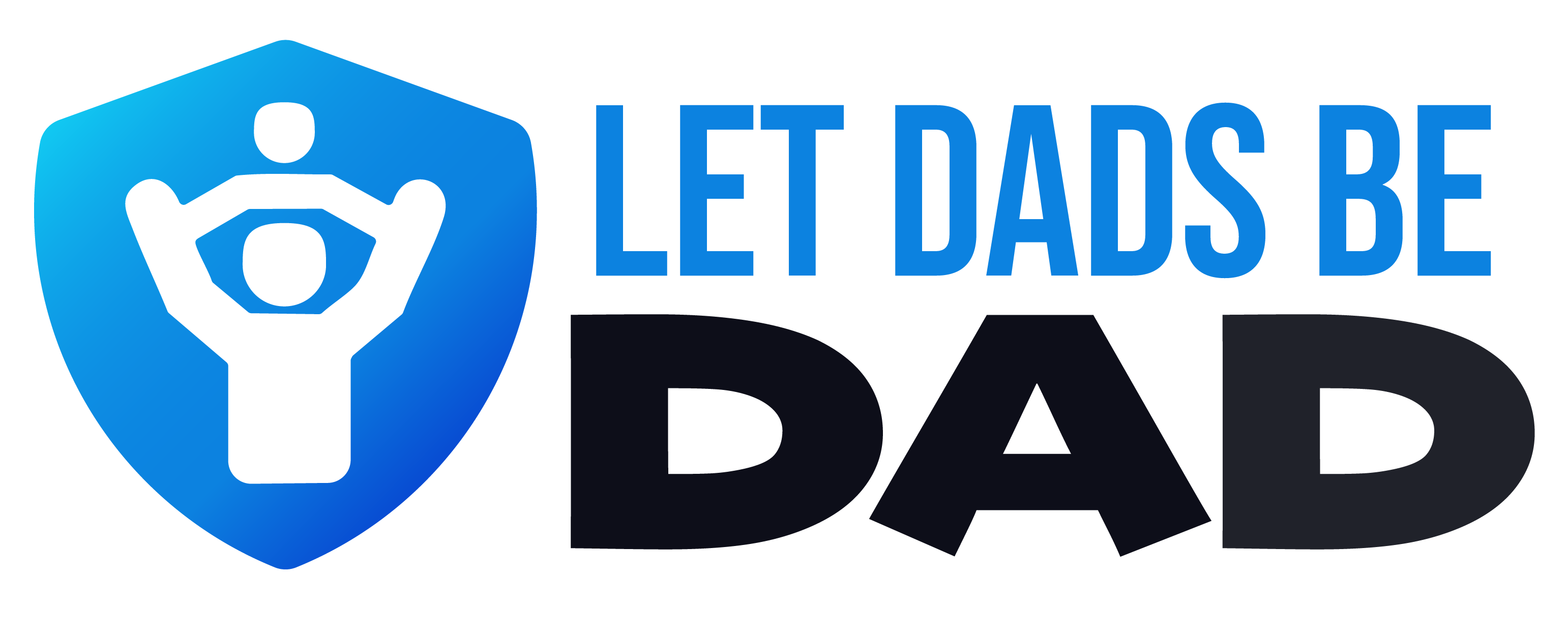1 In 5 Parents Give Their Kids Melatonin For Sleep — Here’s What They May Not Know
— Elva Etienne/Moment/Getty Images
In no time, the United States has become a melatonin-happy nation. The rate at which parents especially are turning to this supplement to put their kids to bed has raised concerns among some physicians as children’s use has skyrocketed over the last few years. According to new research from the University of Colorado Boulder, published Nov. 13 in JAMA Pediatrics, nearly 20% of school-aged children and preteens now take melatonin for sleep.
That’s a huge jump, the study authors note. Because in 2017 and 2018, only about 1.3% of U.S. parents reported that their children used melatonin.
The researchers also noted concern that some parents routinely give the hormone to children as young as preschoolers.
Dietary supplements aren’t fully regulated by the Food and Drug Administration, and quality safety and efficacy data for melatonin products remain far leaner than most people realize. After all, melatonin is typically marketed as a safe and natural sleep remedy. Human bodies produce the hormone to signal the body that it is time to sleep and help regulate circadian rhythms.
But many countries classify melatonin as a drug and require a prescription to acquire it, including the United Kingdom, Japan, and the European Union. The situation is different in the United States, where chemically synthesized or animal-derived melatonin is available as an over-the-counter (OTC) dietary supplement, with gummy options frequently marketed as kid-friendly.
What’s the difference between prescription and OTC melatonin? For one, OTC supplements are less regulated — with predictable results. In a recent study analyzing 25 melatonin gummy products, 22 of those products contained different amounts of melatonin than the label indicated. One product didn’t contain any melatonin at all, while another contained more than three times the amount indicated on the label.
Between poor quality control, questionable labeling, and increased use, it’s hardly surprising that from 2012 to 2021, reports of melatonin ingestion to poison control centers increased 530%, largely occurring among children under age 5.
In addition to the unreliability of supplement labeling, there’s the risk of the unknown. Little research has been conducted into the risks of melatonin side effects in kids, such as residual drowsiness and bedwetting. And there hasn’t been enough research into potential risks of long-term usage either.
And long-term use is on the rise, with researchers finding that “preschoolers who used melatonin had been taking it for a median length of a year. Grade-schoolers and preteens had used it for median lengths of 18 and 21 months, respectively.”
It’s understandable that parents grasp at any available straws to find better sleep for the entire family. As Fatherly has reported, parents typically don’t get uninterrupted sleep consistently until kids are 6 years old, and sleep deprivation is shown to mess with your mind in a handful of ways, including torpedoing a healthy sense of humor and increased pain sensitivity.
“If this many kids are taking melatonin, that suggests there are a lot of underlying sleep issues out there that need to be addressed,” lead author Lauren Hartstein, Ph.D., a postdoctoral fellow in the Sleep and Development Lab at the University of Colorado Boulder, said in a statement. “Addressing the symptom doesn’t necessarily address the cause.”
Co-author Julie Boergers, Ph.D., a psychologist and pediatric sleep specialist at Rhode Island Hospital and the Alpert Medical School of Brown University, indicated in the same press release that in youth with autism or severe sleep problems, melatonin can be a useful short-term aid when used under the supervision of a health care provider. “But it is almost never a first-line treatment,” she said.
“Although it’s typically well-tolerated, whenever we’re using any kind of medication or supplement in a young, developing body, we want to exercise caution.”
Parents who are concerned about their child’s sleep should know that they’re not alone and visit with their family healthcare provider about possible steps forward. And for those wanting to try a possible quick and safe solution, you can ditch the night light as a previous study indicated the popular accessory may be royally messing up your kid’s slumber.


